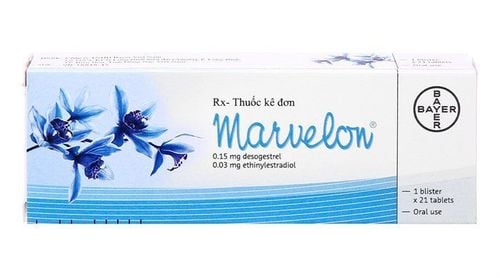Video content is professionally consulted by Specialist level II, PhD Chu Hoang Van, Department of Examination, Vinmec Times City International General Hospital
Vitamin E is regarded as safe for the human body because, in the case of accidental overdose, it is quickly eliminated without adversely affecting health or causing side effects.
For women, daily intake of vitamin E can enhance skin smoothness, vitality, and youthfulness, while also helping to limit wrinkles and hair loss. This is why many skin and hair care products include vitamin E as an essential ingredient.
Pregnant women who take vitamin E daily can experience numerous benefits for fetal development, including reducing the risk of testicular atrophy in boys and supporting uterus development in girls. Additionally, regular vitamin E consumption can significantly lower the chances of miscarriage and premature birth, as well as help prevent stretch marks for mothers.
Research shows that daily vitamin E intake is beneficial for menopausal women, as it can alleviate symptoms such as menstrual irregularities and hot flashes, while also stabilizing mood and enhancing overall comfort. For girls in puberty, taking vitamin E each day can help mitigate menstrual cramps during their cycles.
Moreover, vitamin E supports the treatment of various health conditions in the body. As a fat-soluble vitamin, it plays a crucial role in maintaining overall health.
Many people wonder "Is taking vitamin E every day good?" or “How long to stop taking vitamin E”, or “How many vitamin E pills to take per day”, etc. The recommended dietary allowance (RDA) for vitamin E is as follows:
- From 1 to 3 years old: 6mg/day (~ 9 IU/day)
- From 4 to 8 years old: 7mg/day (~ 10.4 IU/day)
- From 9 to 13 years old: 11kg/day (~ 16.4 IU/day)
- From 14 years old and up: 15 mg/day (~ 22.4 IU/day)
- Pregnant women: 15 mg/day (~ 22.4 IU/day)
- Breastfeeding women: 19 mg/day (~ 28.5 IU/day)
The safe upper limit for the maximum amount of vitamin E supplements that can be used varies by age as follows:
- From 1 to 3 years old: no more than 200 mg/day (~ 300 IU/day)
- From 4 to 8 years old: no more than 300 mg/day (~ 450 IU/day)
- From 9 to 13 years old: no more than 600 mg/day (~ 900 IU/day)
- From 14 to 18 years old: no more than 800 mg/day (~ 1200 IU/day)
- From 19 years old and up: no more than 1000 mg/day (~ 1500 IU/day).
In cases of vitamin E deficiency, higher doses can be supplemented but must be prescribed by a specialist.
On the other hand, those who are taking vitamin E every day to achieve effectiveness also need to pay attention to interactions with other drugs. Vitamin E is very good for the body and is quite safe to use, but should not be abused because it can cause many negative effects on health.
Please dial HOTLINE for more information or register for an appointment HERE. Download MyVinmec app to make appointments faster and to manage your bookings easily.
To arrange an appointment, please call HOTLINE or make your reservation directly HERE. You may also download the MyVinmec app to schedule appointments faster and manage your reservations more conveniently.








